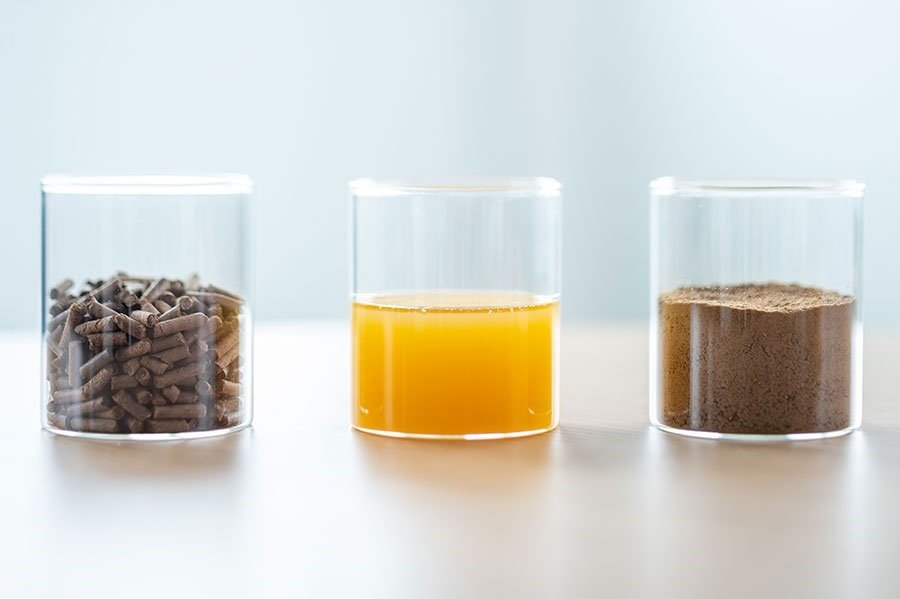MPEDA launches Skill Olympiad to strengthen value-added seafood sector
The Skill Olympiad by MPEDA aims to strengthen India’s seafood value chain and recognize talented professionals to drive export growth
The Marine Products Export Development Authority (MPEDA) has initiated an inter-state Skill Olympiad focused on seafood value addition to motivate and recognize skilled professionals in the sector.
Preliminary rounds will begin today, on May 29 at the NIFPHATT campus in Kochi (West Coast Zone) and will continue on June 6 at NIFPHATT Visakhapatnam (East Coast Zone). Each round features 20 participants from seafood processing units competing to qualify for the final, scheduled during Seafood Expo Bharat 2025 in Chennai from July 1-3.
Contestants will prepare 10 popular value-added seafood products—such as Nobashi, breaded squid rings, marinated items, and fish fingers—within a 3-hour time frame. Judging criteria include product quality, hygiene, innovation, and execution. Top winners will receive cash prizes, and their creations will be showcased in a tasting session attended by exporters, officials, and industry stakeholders.
India’s seafood exports reached $7.38 billion in FY 2024-25. However, value-added products constitute only 12 per cent of total exports, lagging behind countries like Thailand, China, and Vietnam. To bridge this gap, MPEDA supports training programs with Indian and international experts and infrastructure development aimed at enhancing value addition.
This initiative supports the Union government’s vision to develop a skilled workforce, recognize talent, foster certified trainers, and boost employment—especially among women in coastal communities. The Olympiad represents a strategic effort to position India as a global leader in value-added seafood exports.
The Skill Olympiad by MPEDA aims to









